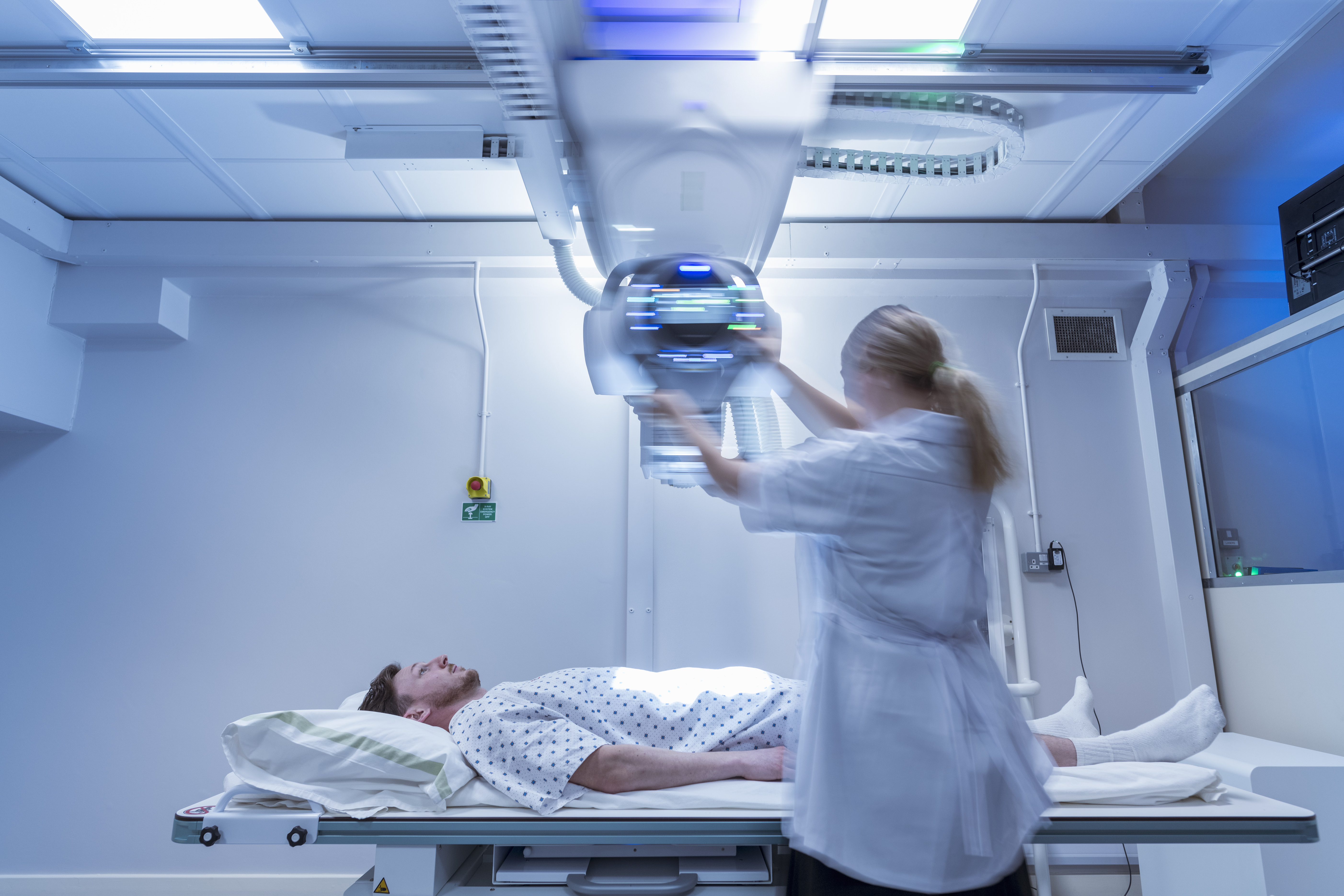
The SoR has released a statement addressing concerns about a lack of clarity in how radiation safety is managed during clinical site placements.
Concerns arose from the results of the SoR’s 2024 student survey, where it was found that there were UK-wide inconsistencies in radiation dose monitoring, which is designed to ensure trainees do not approach or exceed regulated dose limits.
Of the 858 survey respondents, 72 (8 per cent) said they had not been given a personal dose monitor by their university or placement site. This same issue was reported from three different sites.
“The Ionising Radiations Regulations (IRR) 2017 place responsibilities on employers and employees that are generally well understood,” said Lynda Johnson, SoR professional officer for clinical imaging and radiation protection. “However, some SoR student members had raised concerns about inconsistencies in the way their radiation doses were monitored. Some students were issued with personal dose monitors and others were not.”
The survey also found that radiation risk assessments are not made available consistently for trainees and apprentices. In response to the concerns raised, the SoR outlined requirements for employers when working with ionising radiation.
Dose limits
Regulation 16 of the IRR 2017 states that if an employer’s work with ionising radiation might affect the exposure of an employee of a different employer, the employers must be in communication about this.
The SoR’s statement says: “The SoR believes this means employers and higher education institutions (HEIs) have a joint duty and must work together to ensure dose limits to both employees and trainees are not exceeded.
“Every employer must be aware of doses received by employees working elsewhere. The SoR believes this duty of care applies to students and trainees working across multiple placement sites or workplaces.”
Risk assessments
The statement also emphasises regulation 8 of the IRR 2017, which mandates employers to carry out risk assessments to measure the potential risk of radiation exposure to employees and others - including trainees - and determine the necessary measures to restrict exposure.
Ms Johnson said the SoR hoped the statement would address the issues raised in the SoR’s 2024 student survey through the recommendations made.
She said: “This statement provides considerations for the use of personal dosimeters and how, when students are not personally monitored, assurances could be made that they had not received exposures in excess of the dose limits as set down by the legislation.”
“We hope this statement is helpful to anyone working with ionising radiation in services where there are pre-registration students and apprentice trainees and to radiography pre-registration programme providers.”
To read the full SoR statement on trainee radiation dose monitoring, click here.
